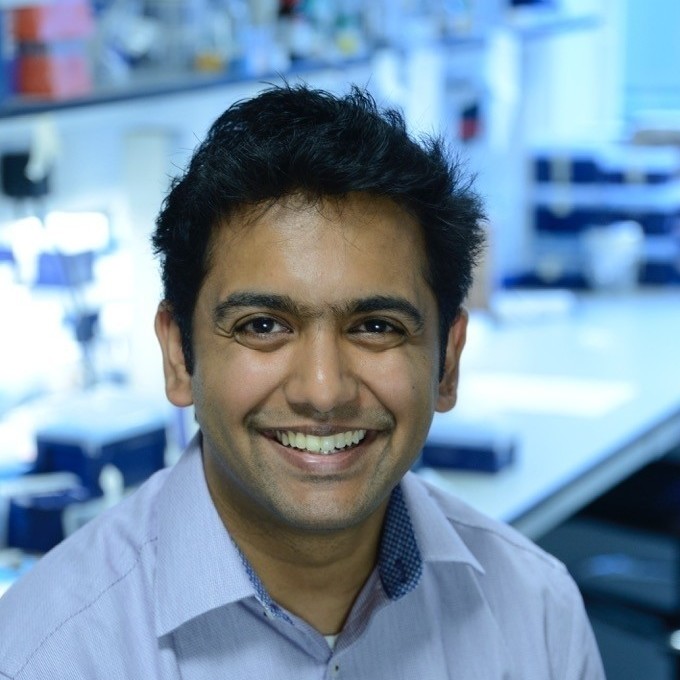
Starter Grants for Clinical Lecturers awardee
University of Cambridge
The role of FAMIN in controlling macrophage lipid biology and restricting inflammation
To celebrate the 10 year anniversary of the Starter Grants for Clinical Lecturers scheme we are pleased to feature case studies of past and present Starter Grant awardees. Dr Mohammed Zaeem Cader was awarded a Starter Grant for Clinical Lecturers in 2017. Here he tells us how the award has allowed him to continue his research post-PhD and make exciting discoveries in the field of immunometabolism. He also highlights some of the main achievements and challenges of his research career so far.
Can you give us an overview of your research interests?
My research focuses on understanding the mechanisms underpinning complex immune-mediated diseases such as Crohn’s disease. Genetic studies have identified hundreds of genetic markers that are associated with an increased risk of developing Crohn’s disease, but the functions of many of the proposed genes are not understood. During my PhD I studied one such gene of unknown function, which we named FAMIN. We found that FAMIN is a key controller of how macrophages, an important cell of the immune system, produce energy and hence how they respond to infection. This work opened up a novel and unexplored pathway in the emerging field of immunometabolism, with major implications for inflammatory diseases. In conjunction with complex genetic models, I am now using bespoke, state-of-the-art technology to pioneer new methods to investigate cellular metabolism and in doing so understand how core metabolic pathways support immune function.
What has the impact of your Starter Grant been so far?
The funding that I have received through my Starter Grant has helped me to continue my study of FAMIN and macrophage metabolism. My time so far has already been extremely productive, and I have made several exciting and completely unexpected discoveries into how immune cells require specific metabolic pathways for their function. I also found that the application process for my Starter Grant was very useful in providing helpful feedback on my proposed project and gave me the self-confidence to keep pursuing my investigations in this area.
I have also been able to join The Academy’s Mentoring Scheme, which has so far been exceptionally helpful in getting honest and impartial career guidance from a completely different perspective.
What are the challenges you face as a clinical academic?
I get enormous pleasure from both my research and my clinical duties and interactions with patients. However, balancing all these responsibilities (and family life!) can be very challenging.
An academic career requires juggling many different roles, but this diversity is also one of the reasons why being a clinical academic is so varied and interesting.
What’s next for you and your research?
For the remainder of my clinical lectureship, I will continue to work on FAMIN and understanding its core function. I am also going to be investigating immunometabolism more broadly, particularly in the context of intestinal inflammation. I intend to build on this work further as I apply for an intermediate fellowship and establish my own research group.
Research highlights
Getting my work on FAMIN published in Nature Immunology was for me one of my best career highlights. It was the culmination of lots of hard work throughout my PhD and was important in supporting my further career development and has opened-up several avenues of further research.